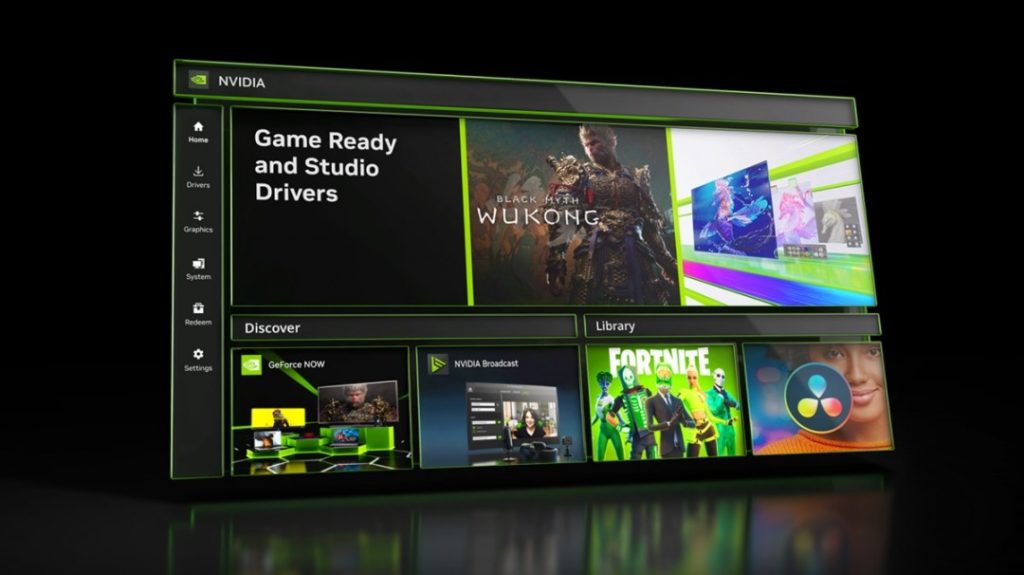Since NVIDIA's graphics card drivers transitioned to the R570 branch, users have experienced ongoing instability. Initially, attention was on the new GeForce RTX 50 series, with issues like black screens and overclocking troubles being the main focus. Later on, users with older graphics cards reported similar problems after updating their drivers. The GeForce RTX 30/40 series faced instability issues such as blue screens of death (BSOD), black screens, stuttering, and crashes that often required a restart to fix. Many of these problems were linked to specific applications and features crashing.

Reports are increasing from users experiencing issues with recent GeForce Game Ready 572.xx drivers on their GeForce RTX 30 and RTX 40 series graphics cards. This growing feedback has prompted concern, with some game developers now openly advising their players against installing these specific driver versions. This recommendation holds true even for titles that have recently entered early access, such as the highly anticipated “inZOI” and the action RPG “The First Berserker: Khazan.” Players of these games, among others, have reported encountering stability problems after updating to the 572.xx branch of drivers, leading to frustrating gameplay experiences.
In response to mounting player complaints regarding these performance and stability hiccups, game development teams have begun taking the step of recommending older driver versions as a temporary workaround. Specifically, the official development team behind “inZOI” has explicitly advised players equipped with GeForce RTX 40 series graphics cards to revert to or utilize the GeForce Game Ready 566.36 driver. Similarly, the developers of “First Berserker: Khazan” have echoed this recommendation for their players facing similar issues. For context, the 566.36 driver version was released by NVIDIA in December 2024.
While users of GeForce RTX 30 series graphics cards are not entirely immune to encountering issues with the 572.xx drivers, the situation appears to be significantly better when compared to the problems reported by RTX 40 series users. The frequency of these issues on the 30 series cards seems relatively rare. Should a problem arise for an RTX 30 series owner, the developers and affected users have often found that simply rolling back the driver usually resolves it. Despite numerous reports and player feedback flooding online forums and support channels regarding these stability and performance concerns, NVIDIA has only recently acknowledged the existence of these issues with the 572.xx drivers. Gamers are hopeful that this acknowledgment will lead to a swift resolution in upcoming driver updates.
